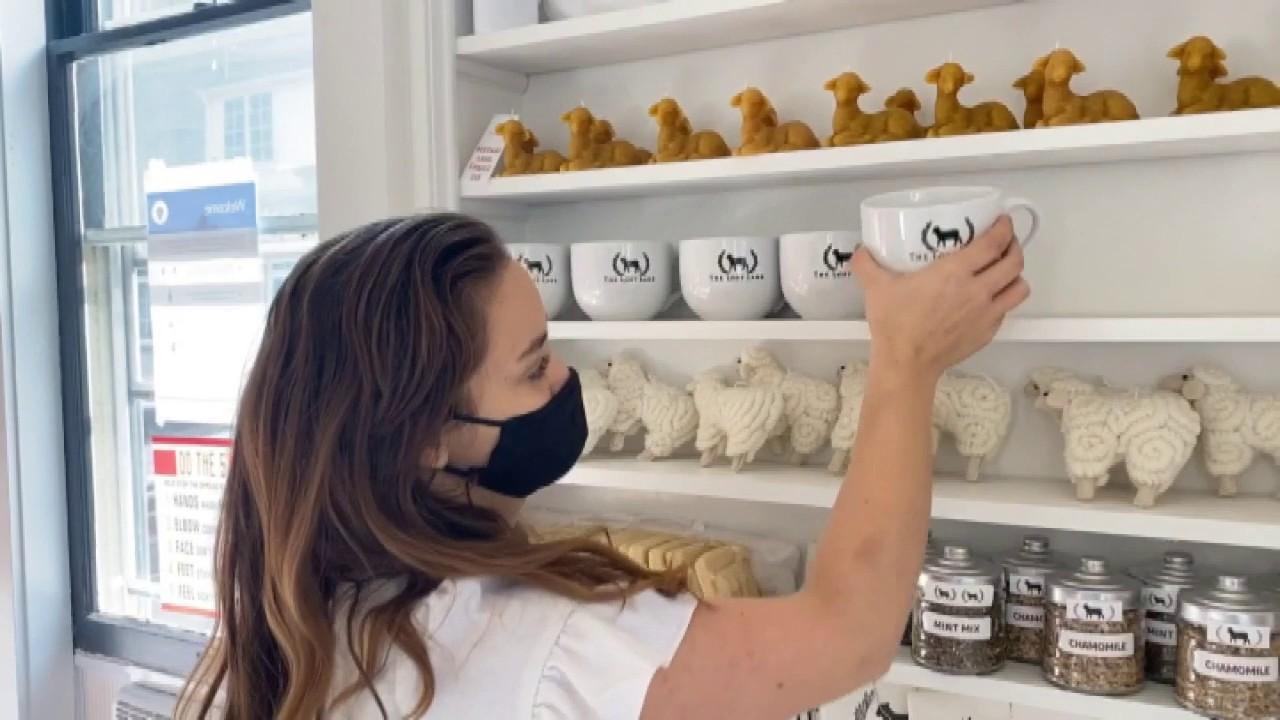High school grads opt out of higher ed amid coronavirus pandemic
More students consider trade school rather than paying high college tuition for remote learning
While college students across the country struggle to get educated amid the pandemic, Claire Raposo of Massachusetts took a different path.
Accepted to Bryn Mawr College for fall 2019, she decided instead to go culinary school and pursue her passion -- pastry.
HALF A MILLION PETITION TRUMP TO CANCEL STUDENT LOAN DEBT
“I think it’s very impractical what college costs,” said Raposo, who intends to go to college someday. “I didn’t want to just go to college and see what would happen.”
Across the country, most college campuses are shuttered due to coronavirus, offering remote learning instead. And universities are rarely doling out tuition discounts because classrooms are closed and the true college experience is on hold.
Now a new survey shows Raposo's decision may not be that unusual.
According to the survey by college prep outfit Naviance, 83 percent of high school seniors said they would pursue two- and four- year college programs upon graduation, down from 88 percent in 2019. Five percent more said they would attend trade school, get a job or enter the military than in 2019.
For Raposo, the decision to go to culinary school was easy. Convincing her parents was the hard part.
She wrote a 20-page essay analyzing why it would make more sense to go to cooking school than the route she says all her friends were taking, a conventional four-year degree. Her most formidable argument? She estimated her freshman year at Bryn Mawr would cost $60,000, while a nine-month pastry chef course would cost $25,000.
COLLEGE BUSINESSES ARE FIGHTING FOR SURVIVAL WITH SMALLER FOOTBALL CROWDS, FEWER STUDENTS
The culinary school Raposo chose was Le Cordon Bleu in Paris. Even without the advantages of fluent French, she was able to graduate and returned to the Berkshires in western Massachusetts to open Little Lamb, a patisserie, in November 2019.
Her parents helped her with the costs, including a lease at the shop on Main Street, since at the time Raposo was just 19. Little Lamb was an immediate hit.
But just three months later, the pandemic hit, forcing the shuttering of businesses throughout the region. Raposo considered throwing in the towel.
“I really did consider closing, but we decided to give it a go anyway,” she said. Weeks later, she reopened, serving customers through a plexiglass-covered window in her front door. Guests swipe credit cards to pay and employees wear masks and gloves.
The budding entrepeneur is already considering her next move. Another patisserie in the Berkshires? Or perhaps Boston? Time, she says, is of the essence.
“I’m already 20!”




















